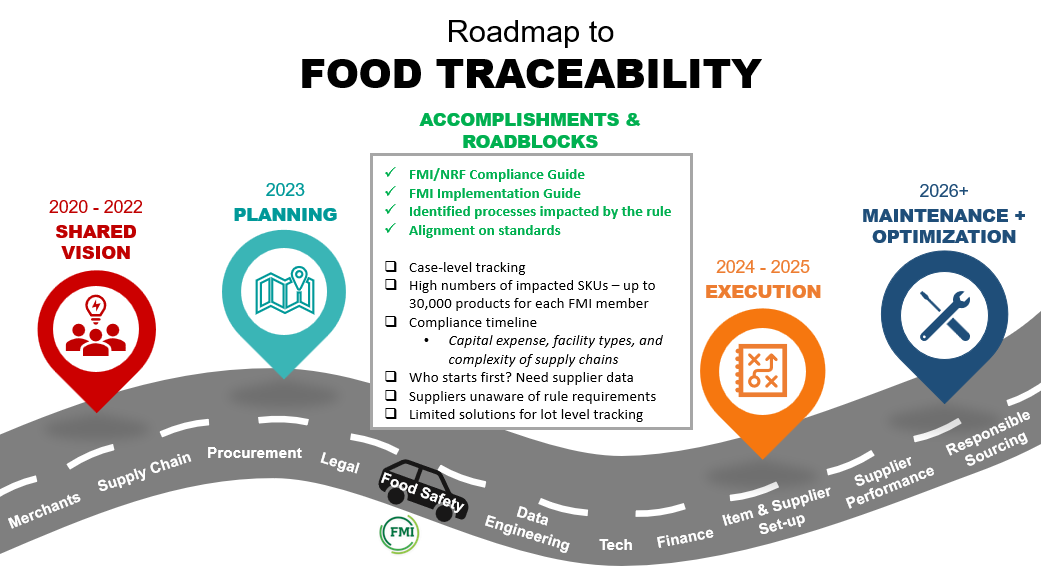By: Hannah Walker, Director of Government Relations, Food Marketing Institute

This week, lawmakers in both the House and Senate are working on budget resolutions to outline spending priorities for the 2016 fiscal year. The resolution being considered in the House contains a provision that would convert the current Supplemental Nutrition Assistance Program (SNAP) from a federally managed program to a state block grant program. While the goal of this shift is to achieve new cost savings, a SNAP state block grant program would disregard the many improvements that we have achieved over the past 15 years.
FMI expressed our opposition to the state block grant provision in a letter to House offices and highlighted the importance of maintaining a consistent federal standard for SNAP, which has served to improve administrative efficiencies, decrease human error and improve the ability to identify and prevent fraud.
The supermarket industry has played a significant role in creating a more efficient system for processing transactions paid with SNAP benefits, formerly known as food stamps. We supported legislation in 2000 that replaced an inefficient patchwork state system, promoted the use of EBT cards to process SNAP benefits and allowed for the portability of benefits. This portability gave shoppers living in border state regions the ability to shop for the best prices and stretch their benefits even if they moved across to a neighboring state.
Additionally, fraud and error rates have fallen and efficiencies have increased as one uniform system allows eligible product lists to be downloaded electronically and cashiers to be trained consistently, eliminating much of the potential for human error. Prior to a national EBT standard, SNAP trafficking rates were four percent, but they have been reduced significantly to 1.3 percent since the adoption of the 2000 law.
We cannot ignore the significant improvements from a consistent federal SNAP standard that would be greatly weakened if Congress adopts a SNAP state block grant program, and we encourage Congress to continue with this approach. If you have any questions or comments, please contact Hannah Walker.


 Industry Topics address your specific area of expertise with resources, reports, events and more.
Industry Topics address your specific area of expertise with resources, reports, events and more.
 Our Research covers consumer behavior and retail operation benchmarks so you can make informed business decisions.
Our Research covers consumer behavior and retail operation benchmarks so you can make informed business decisions.
 Events and Education including online and in-person help you advance your food retail career.
Events and Education including online and in-person help you advance your food retail career.
 Food Safety training, resources and guidance that help you create a company food safety culture.
Food Safety training, resources and guidance that help you create a company food safety culture.
 Government Affairs work — federal and state — on the latest food industry policy, regulatory and legislative issues.
Government Affairs work — federal and state — on the latest food industry policy, regulatory and legislative issues.
 Get Involved. From industry awards to newsletters and committees, these resources help you take advantage of your membership.
Get Involved. From industry awards to newsletters and committees, these resources help you take advantage of your membership.
 Best practices, guidance documents, infographics, signage and more for the food industry on the COVID-19 pandemic.
Best practices, guidance documents, infographics, signage and more for the food industry on the COVID-19 pandemic.
